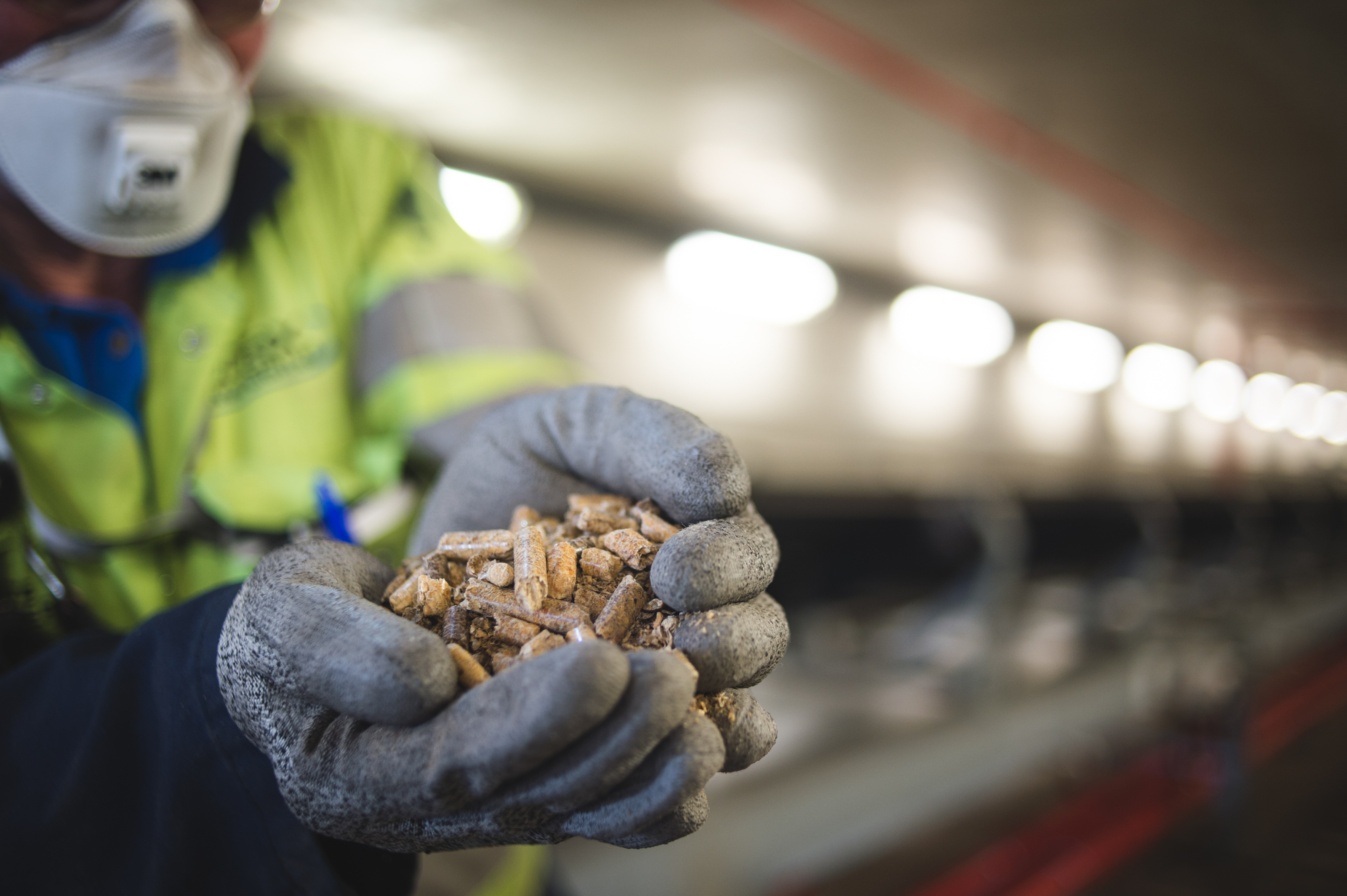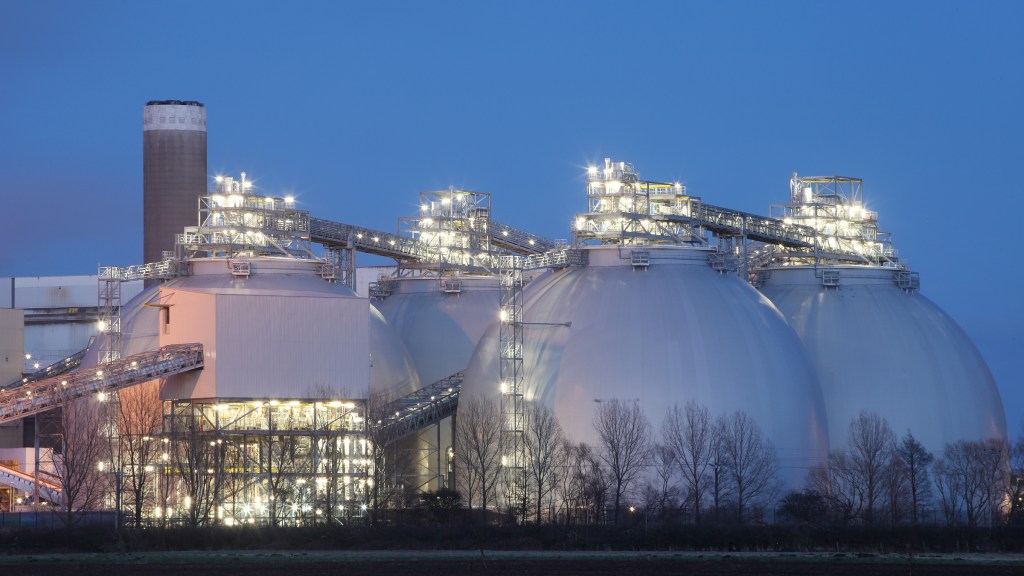Concerns Over Biomass Industry Sustainability Practices Raised by UK MPs
A prominent committee of Members of Parliament in the UK has expressed concern that the biomass industry may be assessing its own sustainability efforts without adequate oversight.
The House of Commons public accounts committee highlighted issues in the certification processes intended to guarantee that biomass—plant material used as fuel—is sourced sustainably.
Since 2002, the British government has allocated around £22 billion in renewable energy subsidies to households and businesses utilizing biomass, with £6.5 billion awarded to Drax, the country’s largest power station located near Selby, North Yorkshire.
The committee noted that the government has relied for too long on an unproven methodology to confirm that biomass energy producers meet the necessary sustainability standards in exchange for financial aid.
Concerns were raised about the current framework, which heavily depends on self-reporting and third-party schemes, with neither the Department for Energy Security and Net Zero nor the regulator Ofgem aware of the effectiveness of these measures in ensuring biomass sustainability.
Debate surrounding the role of biomass in the UK energy system has heightened in recent times. Drax claims eligibility for renewable energy subsidies by asserting that the carbon emitted from burning wood is absorbed by newly planted trees. Critics argue that this rationale is flawed because the emission of carbon occurs immediately while new trees take years to sequester it.
Drax maintains that it utilizes “sustainably sourced biomass” from “healthy, managed forests” predominantly in the southern United States and Canada. The company claims its feedstock primarily consists of “sawmill residues and other wood industry byproducts,” avoiding harm to “high-carbon forests and soils” as well as “high-biodiversity regions.” However, a BBC Panorama investigation in 2022 traced aspects of Drax’s supply chain to wood sourced from ancient forests in Canada.

The public accounts committee has requested that Drax provide a report it commissioned from KPMG regarding its supply chain processes and reporting practices in Canada to facilitate parliamentary review amid “serious public concerns” about its implications.
Ofgem imposed a £25 million fine on Drax last year due to discrepancies in reporting related to wood pellets imported from Canada during the 2021-2022 financial period. Nonetheless, the regulator stated recently that after evaluating the KPMG reports, they found no evidence suggesting that Drax infringed upon sustainability obligations or was inappropriately receiving subsidies.
Committee chair Sir Geoffrey Clifton-Brown remarked, “Billions of pounds in government funding has been allocated to the biomass sector over the last twenty years. It’s time to go beyond trusting that the biomass used for energy generation is a sustainably sourced, low-carbon alternative fuel and conduct a genuine assessment of what taxpayers are receiving in return for their investment.”
He emphasized the need for thorough scrutiny of the biomass sector’s supply chains to address ongoing concerns and validate that biomass does not represent a misguided investment.
An Ofgem representative affirmed, “We are committed to ensuring compliance with biomass regulations and collaborate closely with the government to implement policies on biomass sustainability effectively.”
A spokesperson for Drax responded that their biomass is certified sustainable via the Sustainable Biomass Program, an internationally recognized certification scheme, and that Ofgem has evaluated the SBC against government sustainability requirements for woody biomass, among other programs.
“The KPMG reports have faced ongoing speculation and mischaracterization. We submitted these reports, protected by legal privilege, to both the government and Ofgem for thorough scrutiny,” the spokesperson stated.
“Following Ofgem’s review, they indicated publicly that they did not find any evidence in the KPMG reports or other numerous documents provided that suggests Drax violated sustainability commitments or was incorrect in receiving Renewable Obligation (RO) funding.”




Post Comment